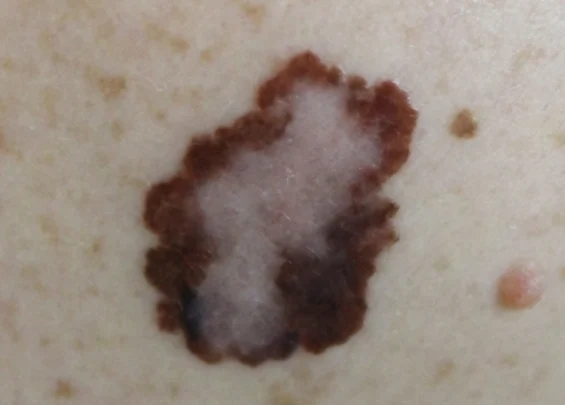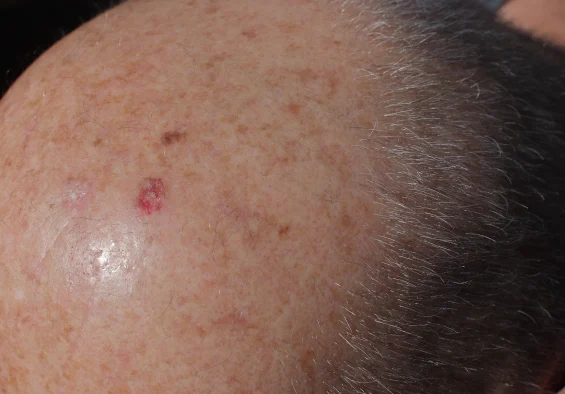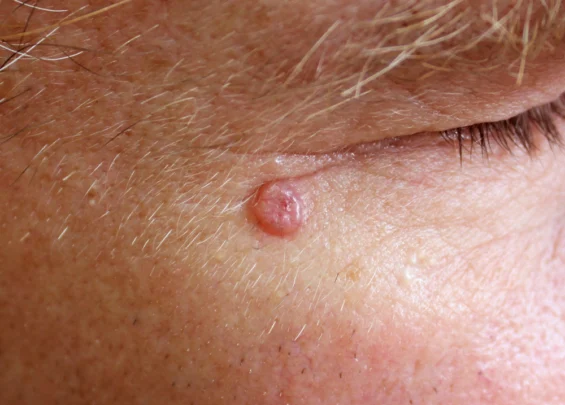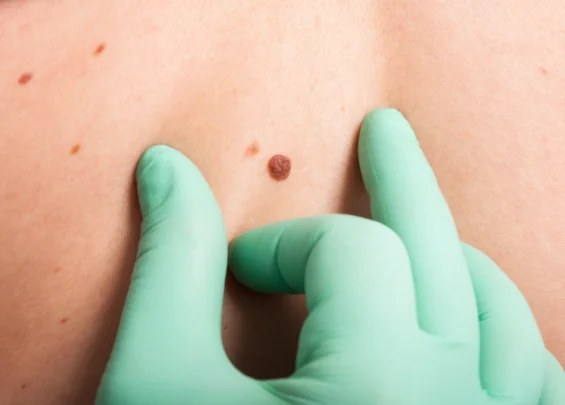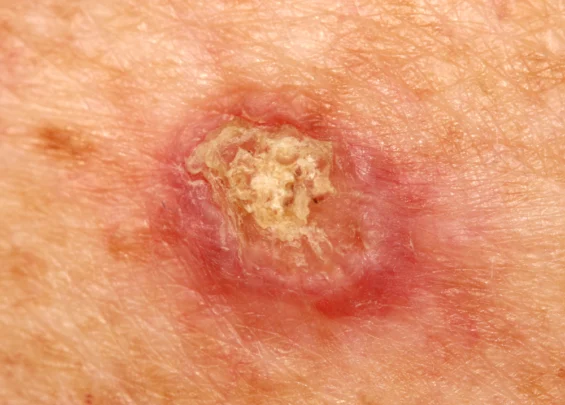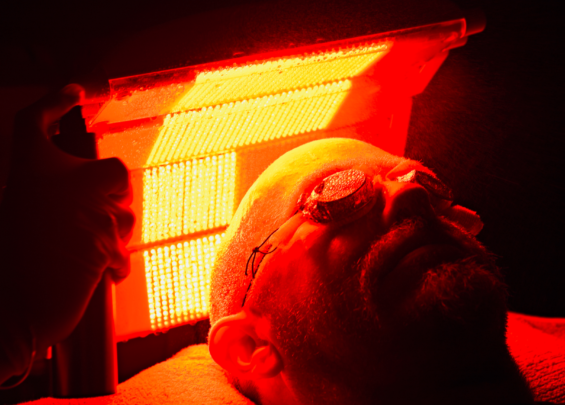Surgical Dermatology
Surgical dermatology encompasses a specialized branch of dermatology focused on the diagnosis and treatment of skin conditions through surgical means. It involves procedures ranging from minor skin surgeries to more complex interventions, all aimed at addressing dermatologic issues that cannot be adequately managed with non-surgical treatments alone.
The field of surgical dermatology addresses a wide array of conditions affecting the skin, hair, nails, and mucous membranes. These conditions may include benign and malignant skin tumors, cysts, lipomas, birthmarks, keloids, skin cancers such as melanoma, basal cell carcinoma, and squamous cell carcinoma, as well as various inflammatory skin diseases that require surgical intervention.
The practice of surgical dermatology begins with a thorough clinical evaluation and often involves diagnostic procedures such as biopsies to confirm the nature of skin lesions or tumors. Once diagnosed, the dermatologic surgeon develops a tailored treatment plan which may include surgical excision, laser therapy, cryosurgery (freezing with liquid nitrogen), electrosurgery (using electrical currents), or Mohs micrographic surgery for certain skin cancers.

